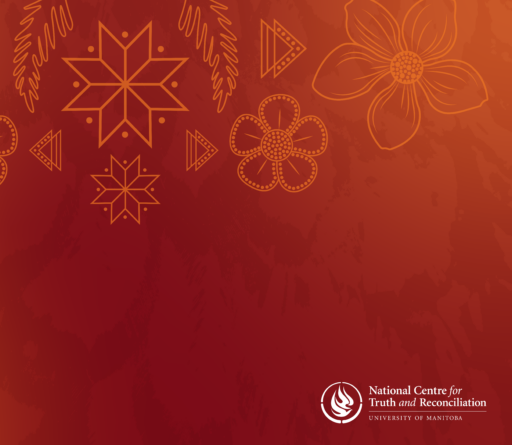College Blog
By: Kirsten Pavelich, PT and College Practice Advisor
If you’ve ever practiced in a rural, remote, or northern community, you have a story. Maybe it’s about the patient who waited months for their wheelchair to be delivered and had to be carried by family members in the meantime. Or, when you got asked to do all the home environmental assessments because the local hospital wasn’t able to recruit an occupational therapist. Or, the time you came home from work after you just moved to town to find that a patient had shovelled your snowy driveway and left you a shovel because they knew you hadn’t bought one yet.
Although practice is practice, and standards are standards, practicing within the context of rural, remote, or northern communities is different from practicing elsewhere. There may be challenges around patient access to service, travel and funding, and boundaries and confidentiality.
It might take more work to create a professional network of PTs, access formal professional development, and learn how to become a skilled generalist. You may be required to wear a number of hats—PT for inpatients, outpatients, and urgent care, while also managing a department and sitting on committees. You may work with patients from groups who are disadvantaged on many fronts and find yourself frustrated about the barriers they face.
As real as these challenges are, PTs who work in northern, rural, or remote settings will tell you about the benefits as well. There are often more opportunities for shaping policy and having input in how programs run. Challenges in providing accessible quality care can lead to innovative approaches, and greater collaboration with other health care providers.
Communities and the relationships within them, including with colleagues, are often tight knit. You may have the opportunity to learn more about Ontario’s Indigenous and Francophone cultures, and you might learn to embrace the outdoors—even in winter! It’s also stimulating—you get to see patients with a wide variety of conditions, and you’re constantly developing your knowledge and skill set.
PTs find that they also have to develop knowledge and skill sets to deal with situations that pose challenges to maintaining their professional standards of practice.
Encountering certain challenges more frequently can encourage PTs to reflect, discuss with colleagues, and develop strategies for maintaining standards that they can adapt to new situations as they arise. Sometimes it’s as simple as having a prepared response when someone asks you in your work or community setting for confidential information about a patient they know, like “how’s Jim doing after that nasty fall?”
But often the challenges are more complex and nuanced and require a carefully thought out approach.
Wherever you practice, if you’re ever unsure about how to maintain College standards in a challenging situation, you can check out the College’s website where you’ll find all the standards along with some great resources and FAQs.
Or, contact the Practice Advisors! Our team is made up of experienced physiotherapists from across the province—including the north. Practice Advisors can help you work through challenging situations and are just an email or phone call away.
Email: advice@collegept.org
Phone: 1-800-583-5885 (extension 241)
Have you worked in a rural, remote or northern setting? What kinds of challenges have you encountered around maintaining professional standards? Were you able to come up with solutions or strategies? And where could you use more support or discussion to figure things out? Let us know your thoughts in the comments below.











Thank you for drawing attention to these practice settings – which are often in need of better human resources.
Does the College have any data on under-served communities or positions that are a) frequently unfilled or b) have high turnover?
As a graduate of a physio program in Ont., i took part in the Northern Studies stream in order to gain more insight. I can say that the PT program overall did not address the psychosocial dimensions of health to any real degree. The program was still predominantly based on a biomedical model that failed to address the whole person. I was so overwhelmed in the feelings of inadequacy and downright anger at program leaders for not providing us with a better education, that I finally left. Physios trying to perform orthopaedic tests and ordering exercises in such environments made it clear to me that the profession needed to radically reform its curriculum. Not much has changed. It seems to me that physiotherapy is disconnected from the real world, especially in rural settings. How is this in anyway “client-centred”?